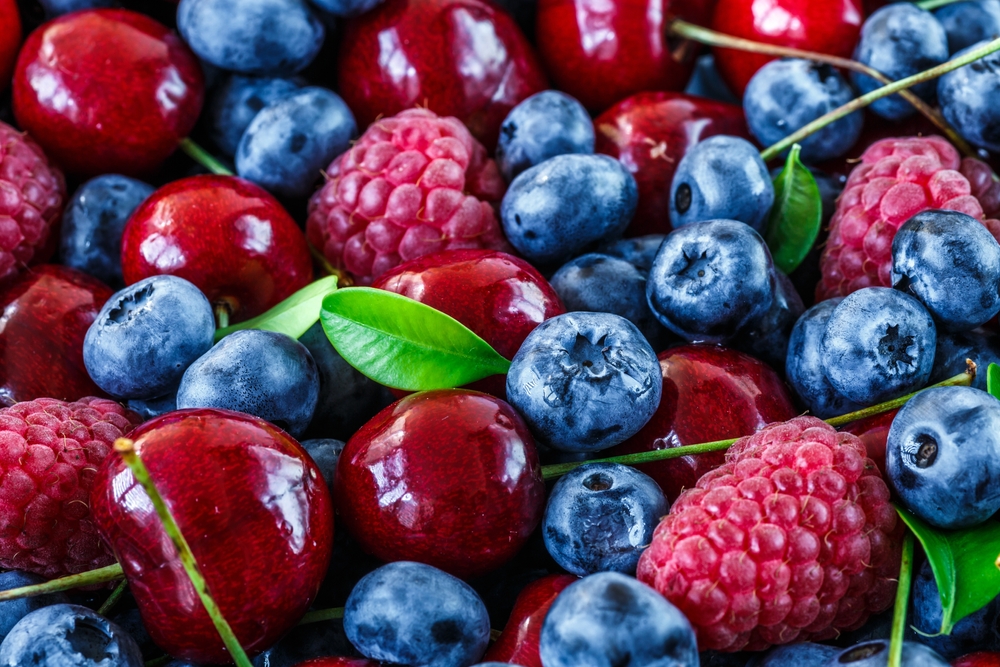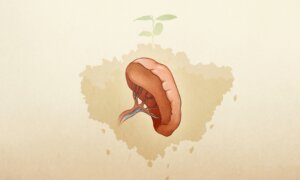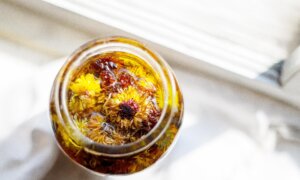Common Cancer-Preventing Fruits
Fruits play a crucial role in cancer prevention, thanks to their rich array of antioxidants, vitamins, and phytochemicals that help combat oxidative stress and promote overall health. Below are some common cancer-preventing fruits and their unique health benefits.
Grapes
Grapes are an important source of phytochemicals, particularly resveratrol, known for its powerful antioxidant properties. Research suggests that resveratrol may reduce the risk of various cancers, including those of the breast, uterus, liver, eyes, and lungs.
Strawberries
Many studies have found that the ellagic acid in strawberries can inhibit cell proliferation and has the potential to halt the development of cancer. Strawberries are also rich in antioxidants such as ferulic acid and anthocyanins.
Kiwi Fruit
Rich in vitamin C and diverse phytochemicals, kiwi fruit exhibits antioxidant and anti-cancer properties. A 2019 comprehensive research report found that the large amount of vitamin C in kiwi can protect DNA and reduce oxidative damage, while the phytochemicals in the fruit can promote the apoptosis (death) of cancer cells.
Blueberries
Blueberries are packed with a variety of phytonutrients, including anthocyanins, ellagic acid, and catechins. Pterostilbene, the main antioxidant component in blueberries, has been linked to inhibiting the proliferation of colon, liver, and prostate cancer cells.
Guava (Psidium Guajava)
Research shows that guava is rich in antioxidants, such as vitamin C and resveratrol. Red guava also contains lycopene, which can selectively induce apoptosis of cancer cells. Animal studies show that guava extract can inhibit the growth and spread of various cancer cells.
Red Pomegranate
Extracts from red pomegranates (Punica granatum) have strong antioxidant, anti-inflammatory, and anti-tumor properties. Research has demonstrated that punicalagin, a type of polyphenol, can inhibit the growth of cervical, ovarian, colorectal, thyroid, and lung cancer cells.
Black Currant
Black currants are rich in antioxidant anthocyanins and vitamin C. A serving of 50 grams (1.8 ounces) contains 90 milligrams (0.003 ounces) of vitamin C, which is the same as the recommended daily intake for adults.
Figs
According to a study published in Pharmacological Research, figs (Ficus carica) can promote tumor cell apoptosis and enhance immune function against various cancers. Compared to drugs used in chemotherapy, the anti-tumor components in figs are less toxic to healthy cells.
Raspberries
Raspberries are rich in vitamin C, ellagic acid, and anthocyanins, all of which are antioxidants and anti-inflammatory. Multiple studies have validated the protective effects of raspberries and their extracts against oral, esophageal, colorectal, and cervical cancers.
Citrus Fruits
Citrus fruits such as oranges, grapefruits, and lemons are rich in vitamin C and flavonoids. Research has shown that the flavonoids in citrus fruits have anti-cancer effects that potentially prevent various cancers, including nasopharyngeal, oral, gastric, breast, pancreatic, and lung cancers.
Rainbow Diet: A Holistic Approach
Fruits come in a motley of colors because of the different pigments they have, and each color indicates a different antioxidant.















